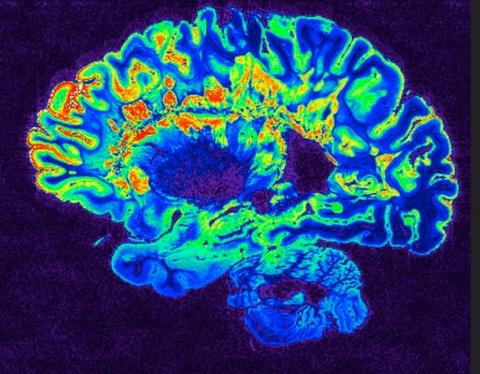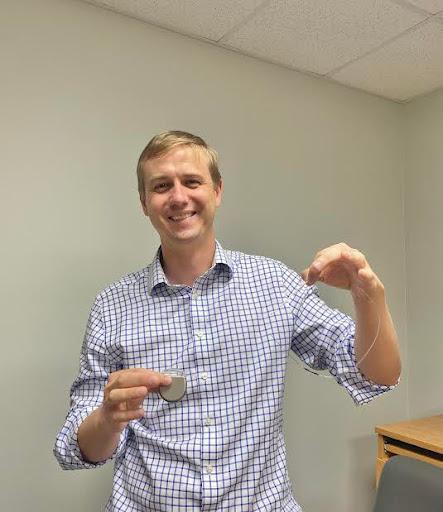Our Duke Parkinson's and Movement Disorders Newsletter provides free news, interviews, and resources for individuals with movement disorders and their care partners.
Sign up to receive the newsletter.
These LI Exercise Classes Can Help Relieve Parkinson's Symptoms
Dr. Dahlben discusses the benefits of exercise for Parkinson's patients and its impact on progression.
What Comes Next: Neuroscience
Dr. Calakos is featured in this School of Medicine write up discussing the impact of new technologies in neurosciences research.
Fact Check: CoQ10 Is NOT A Proven Treatment For Preventing Alzheimer's or Parkinson's Disease
Dr. Whitson discusses the misconception of CoQ10 as a treatment for Alzheimer's and Parkinson's disease.
New Gut-Brain Parkinson’s Disease Consortium Studies Connection Between the Gut Microbiome and Parkinson's Disease
This story comes from the Fall 2024 edition of Coming Down The Pipeline: What's new & next at the DCRI, and the people making it happen sent out on December 11, 2024. Learn more about the DCRI on their website.
More than half of patients who develop Parkinson’s Disease (PD) have a history of complaints related to the gastrointestinal (GI) system, such as chronic nausea or constipation.
2024 Michelle Winn Awards Celebrate Achievements in Equity, Diversity, and Inclusion
Andy Liu, MD, Kim Johnson, MD, and Burt Scott, MD, PhD were recipients of this year's Michelle P. Winn Inclusive Excellence Award.
Governor Cooper Proclaims May 2024 as Huntington's Disease Awareness Month
The following is a proclamation by Governor Cooper stating May 2024 is to be observed as Huntington's Disease Awareness Month. View the proclamation on the official state website.
Duke Neurology Research Round Up, January 2024
In January, members of Duke Neurology wrote and contributed to 20 peer-reviewed journal articles. This month’s research includes an article reviewing interneuron transplantation for drug-resistant epilepsy, a study on the relationship between BMI and intracerebral hemorrhage, and a study indicating that genetic associations with longevity are stronger in females than in males.
Researchers Detail “More Elegant” DBS Approach for Improving Parkinson’s Symptoms
Dr. Mitchell discusses DBS patient outcomes from a recent study using an experimental treatment model.
Duke Neurology Research Round Up, December 2023
The final month of 2023 saw members of the Duke Neurology Department contributing to nine new peer-reviewed journal articles. Highlights include an analysis of symptoms associated with internal tremor for Parkinson’s disease, a trio of population-level studies for stroke, and a new examination of the connections between white matter and executive function. Read short summaries of each of these articles and find links to the original research below.








